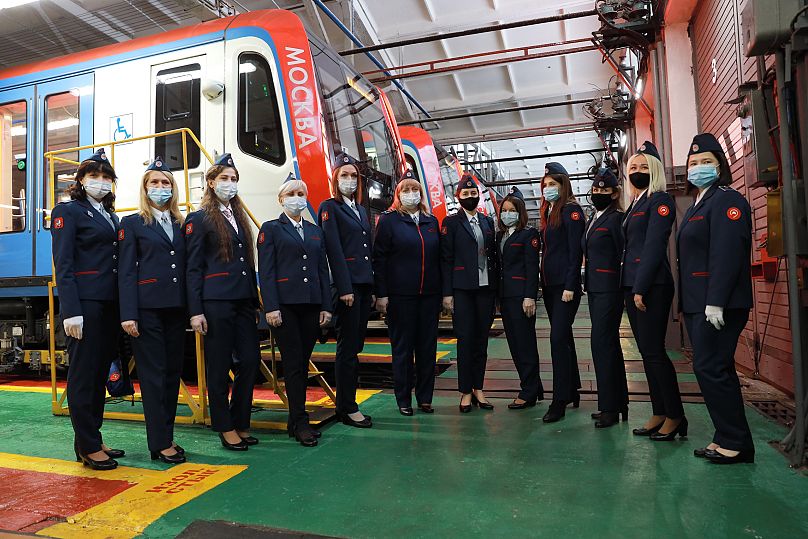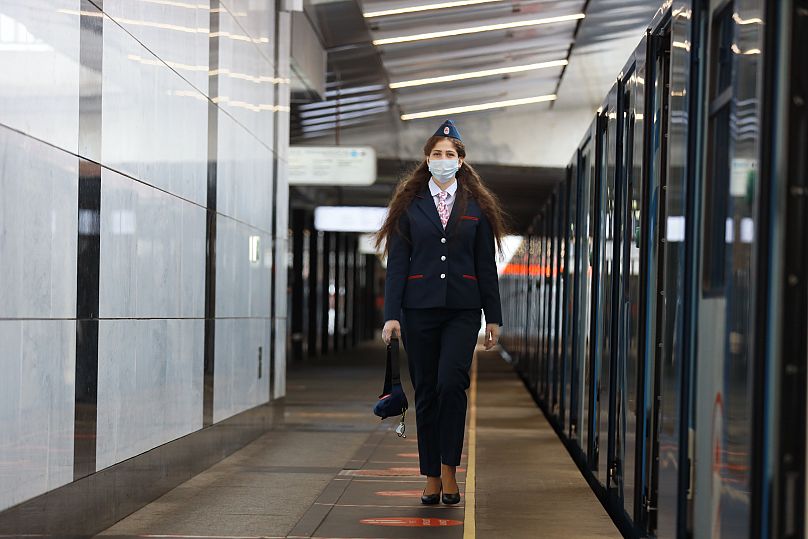Special uniforms have been designed for the new roster of employees and will allow them to choose between wearing a skirt or trousers in the driving seat.
Moscow has hired women to drive its metro trains for the first time in years, the transport service has revealed.
 ADVERTISEMENT
ADVERTISEMENT
 ADVERTISEMENT
ADVERTISEMENT
The new roster consists of 12 women from an initial training group that have since passed the necessary tests - and are now operating on the Filyovskaya line, connecting western Moscow.
Prior to 2021, women were able to work for the enterprise itself, but had long been prohibited from being hired for the driving seat. This is due to historic legislation that disallowed women to work in certain professions, especially if the line of work was considered harmful to health.
The last register of banned jobs was approved in 2000, although it didn't kick women out of jobs they already held. Therefore, the last female metro driver is said to have resigned in 2014.
In September, Russia's Labour Ministry finally issued a decree to alter the widely-criticised rule, reducing the number of male-only professions from 456 to around a hundred. Metro driving was among the cuts.
The Moscow Metro said in a statement on Sunday that it had "consistently sought permits" to allow for female operators, and had launched training schools as soon as it was given the green light.
"This position in the Moscow Metro is now not associated with heavy physical exertion - the transfer of switches, which the train drivers used to do, has long been automated," it said. "And most of the Moscow Metro lines operate modern and comfortable trains, and the service of trains is carried out according to the highest standards of life cycle contracts."
Special uniforms have been designed for the new female recruits, including seasonal summer and winter wear, along with accessories. The design is said to have taken into account the experience of male drivers, and the incoming team.
Deciding which uniform will be up to the employee themselves - women will have a choice of whether to wear trousers or a skirt when operating the train.
Asserting its commitment to gender equality on the Russian capital's underground, the network said it had already employed more than 22,000 women - 36% of its 62,000-strong workforce.
It added that the 12 newly-qualified drivers were also the first of many to come - with another 50 expected to be hired next year.












